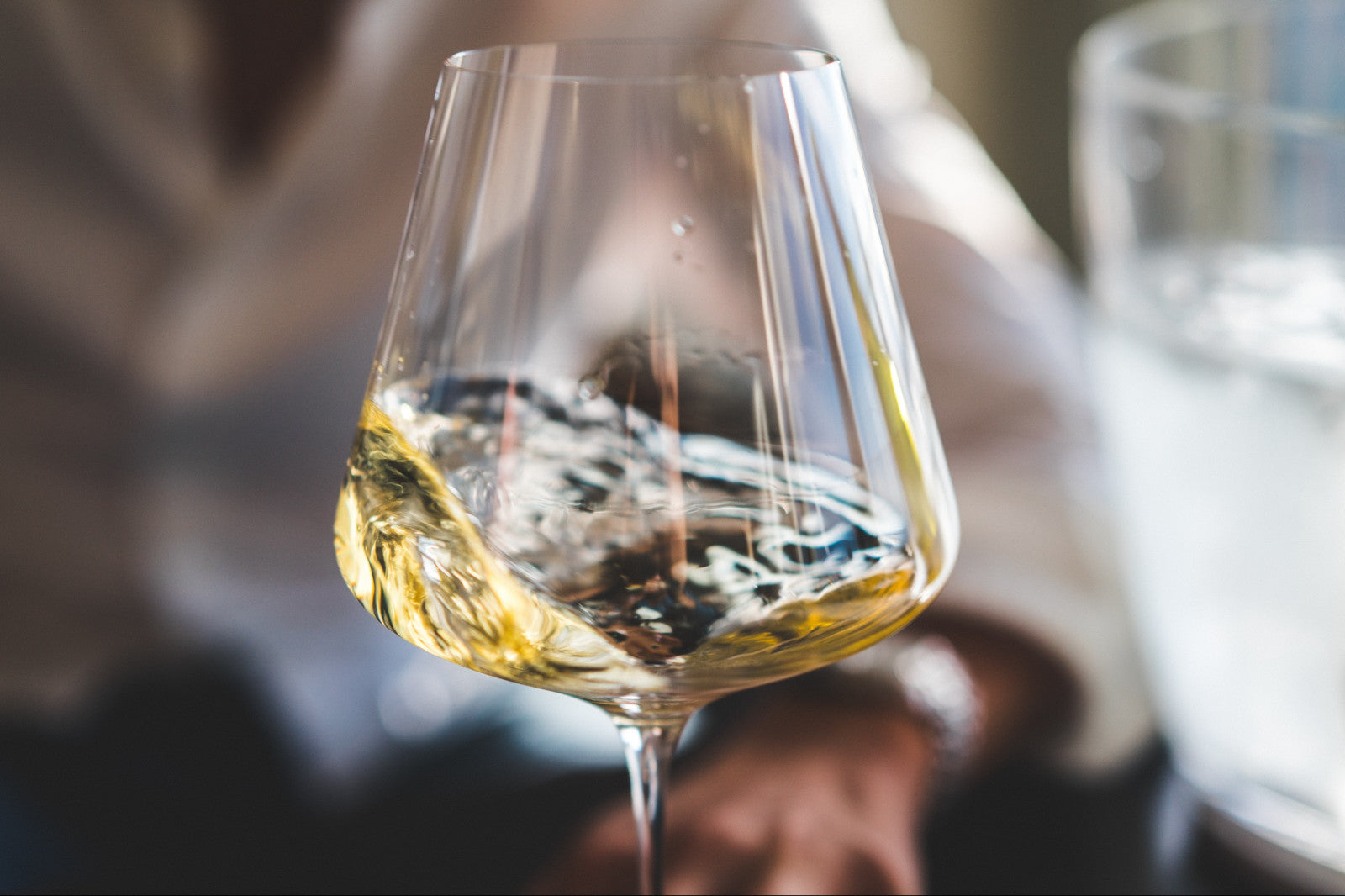Wine Word of the Month: Reduction
Is it a fault? Or something you just need to wait out? It depends on the wine.
You might have heard the word “reduction” used in conversation, or perhaps in one of our Daily Discovery emails. So what are we all talking about? Reduction is a rather complex chemical reaction but can be simplified as an absence of oxygen, or a wine which is starving for oxygen. In this “reductive” state, chemical compounds such as mercaptans and hydrogen sulfide can create off-seeming aromas—for white wines, it’s often a “struck match” smell, and in reds, an aroma of rubber tire. Larger concentrations of such compounds can produce more intense scents of cabbage, rotten eggs and burned rubber, at which point the wine would be considered “reduced”—a fault—versus merely “reductive,” where a wine might just need a little time exposed to air to come into balance.
Reduction is, therefore, the exact opposite of oxidation. These days, many winemakers are playing with reduction, particularly for white wines. When a winemaker only leaves a white wine in barrel for six months, then adds the wine to a stainless steel tank with no exposure to oxygen, the wine slowly tightens up in aromatic profile and tenses up in texture and mouthfeel as well. This is a trend in Burgundy and many young wines will smell like a struck match and be very tight on the palate. In this situation, the best thing to do is to decant the wine for 3-4 hours or it might even need to be added back to the bottle and consumed a few days later.
A similar approach can be taken for red wines: If you encounter a young red wine with very muted aromatics, and a slight rubber tire smell, it is in a reductive state. The wine will normally evolve away from this state just aging in the bottle, but if you are trying to enjoy the wine now you can decant the wine and aerate it vigorously. Let it sit out for a while. Most of the time this will fix the issue—if not, put the wine back in the bottle and enjoy it a few days later.
The truth is, all wines are in various states of reduction and oxidation during their lifespan. The winemaker's job is to try to nail the fermentation and aging process to give us all the best odds of enjoying the wine at its peak. Sometimes it can be tough to be perfect every vintage, so using a decanter and oxygen to help a wine come into equilibrium for enjoyment will aid your wine enjoyment. When in doubt, decant (especially with young wines)! Cheers!








